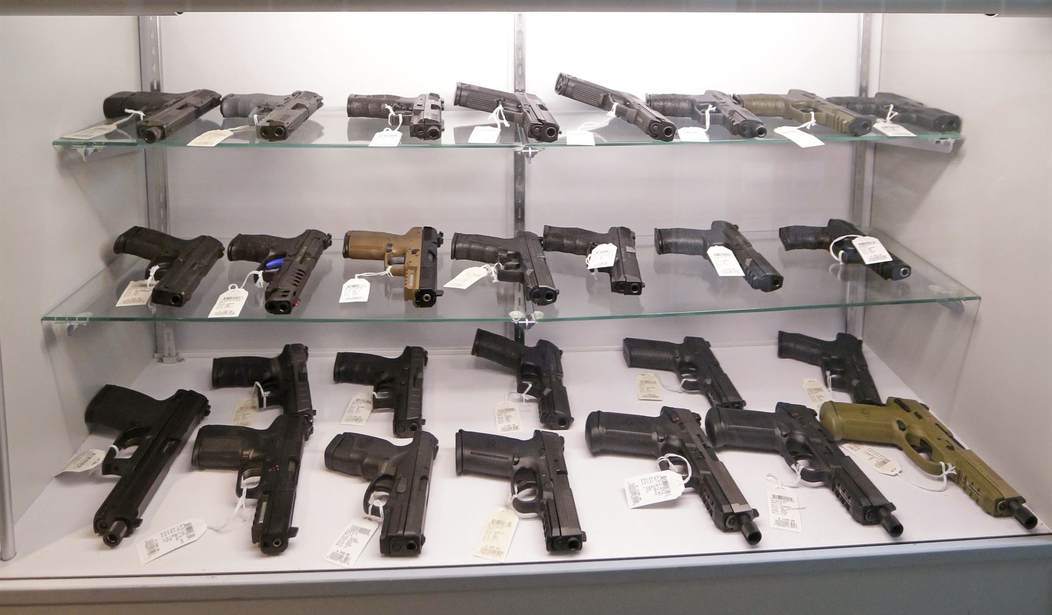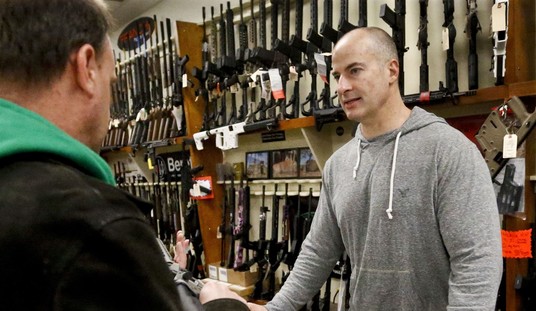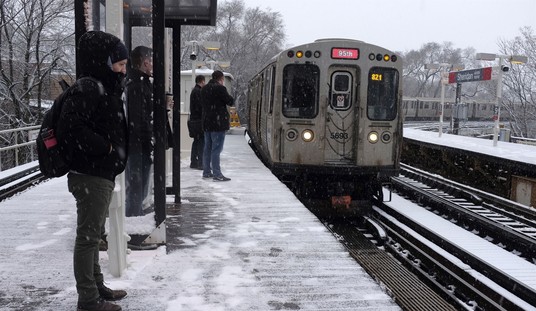When the Fourth Circuit ruled that age limits on gun sales were unconstitutional, many of us celebrated. After all, we agreed with the ruling. What was there for us to be upset with.
Unsurprisingly, though, some others found plenty to be upset over.
See, in their minds, being able to buy firearms isn’t really a right. It’s a privilege to them. As such, there’s no reason they shouldn’t be able to bar people under the age of 21 from being able to purchase a gun.
Which, of course, is complete and total BS. The court recognized that.
Now, though, it seems the government disagrees and wants an en banc review of the court’s ruling.
In their petition, the government states:
Following a multi-year inquiry into violent crime that included “field investigation and public hearings,” S. Rep. No. 88-1340, at 1 (1964), Congress found “that the ease with which” handguns could be acquired by “juveniles without the knowledge or consent of their parents or guardians . . . is a significant factor in the prevalence of lawlessness and violent crime in the United States,” Omnibus Crime Control Act and Safe Streets Act of 1968, Pub. L. No. 90-351, Title IV, § 901(a)(2), 82 Stat. 197, 225. Congress therefore enacted statutory provisions designed to address “[t]he clandestine acquisition of firearms by juveniles and minors,” S. Rep. 90-1097, at 79, including the challenged provisions at issue here, 18 U.S.C. § 922(b)(1) and (c), which restrict federal firearms licensees from selling handguns and handgun ammunitions to those under the age of 21.
Except that juvenile criminals are still getting handguns with startling regularity despite this age restriction having been on the books for ages now.
In fact, it’s almost like it doesn’t work.
Oh, but wait, there’s more nonsense coming.
The challenged provisions do not regulate private sales by individuals, and do not prohibit the possession of handguns or other firearms by 18-to-20-year olds. Congress recognized that, under the provisions, “a minor or juvenile would not be restricted from owning, or learning the proper usage of [a] firearm, since any firearm which his parent or guardian desired him to have could be obtained for the minor or juvenile by the parent or guardian.” S. Rep. No. 90-1097, at 79. “At the most,”
USCA4 Appeal: 19-2250 Doc: 85 Filed: 08/27/2021 Pg: 7 of 164 4 therefore, the provisions “could cause minor inconveniences to certain youngsters who are mature, law abiding, and responsible, by requiring that a parent or guardian over 21 years of age make a handgun purchase for any person under 21.” 114 Cong. Rec. 12,279, 12,309 (1968) (statement of Sen. Dodd).2. Plaintiffs Tanner Hirshfeld and Natalia Marshall, who were between the ages of 18 and 21 at the time, sued to challenge the constitutionality of the restrictions when they were prevented from purchasing handguns and handgun ammunition from federal firearms licensees. JA11, 13, 15. The district court granted the government’s motion to dismiss, concluding that the law does not implicate the Second Amendment right to bear arms as historically understood, JA508, and withstands intermediate scrutiny in any event, JA511.
In other words, it’s not an infringement on one’s constitutional right to legally bar that person from purchasing a firearm, at least in the government’s opinion. To be fair, this has been held up by the courts previously.
However, I’d argue that it does.
See, it would be different if everyone viewed firearms much the same way they did back in 1964. Back then, most people did believe in firearms and many households had weapons. It would be rare to find a household that was vehemently anti-gun. As such, an 18-year-old living on their own could reasonably believe his or her parents would help him obtain a firearm for self-defense.
Today, that’s simply not the case. A lot of people don’t believe in guns. They don’t like them. Can an 18-year-old who doesn’t share his or her family’s beliefs about guns reasonably expect to be given a firearm with which to learn gun safety or how to defend themselves? Not really.
As such, this isn’t really a valid argument anymore.
Of course, that’s not the totality of the reasons given for wanting an en banc review, but that does touch on some of the issues.
However, the review isn’t as bad as some of us might think. After all, if the en banc panel overturns the previous ruling, that gives the plaintiffs an opportunity to take this case to the Supreme Court, where we can hope the Court will not just hear the case but then overturn age restrictions that bar legally recognized adults from purchasing firearms.
Then, of course, everyone wins.








Join the conversation as a VIP Member